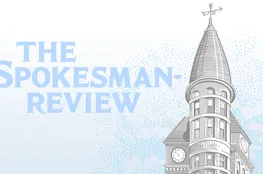As Aiken County residents prepare to cast their votes on November 5, they will encounter four significant questions on their ballots. The first question, which will be posed to all South Carolina voters, involves a proposed amendment to the state constitution. This amendment seeks to affirm that only citizens aged 18 and older are eligible to vote in South Carolina's elections. This initiative follows heightened discussions on election integrity, partly inspired by past controversies over claims of election fraud.
The second question specifically targets Aiken County voters and concerns the renewal of the county-wide Capital Project Sales Tax, also known as the "penny sales tax," due to its 1 percent rate. Originally introduced in 2000, this tax aims to fund essential capital improvement projects, such as roads, bridges, and public safety equipment. The upcoming vote will determine whether the tax should be renewed for the fifth time, thus maintaining the current tax rate on goods and services.
According to projections, if renewed, the tax could generate approximately $260 million between May 2026 and April 2033. These funds would be distributed among Aiken County and its municipalities, with allocations determined by population percentages.
The third question regards the Education Capital Improvement Sales Tax, similarly a 1 percent levy sometimes called the "school penny tax." Initially approved by Aiken County voters in 2014, this tax supports educational projects without increasing current spending levels. If renewed, it is expected to generate $398 million over a decade. Aiken County plans to allocate 10 percent of this revenue for property tax relief, with the remainder funding significant educational improvements.
The Aiken County Board of Education has identified five key projects, including high school upgrades and new school constructions, aimed at meeting the growing educational needs of the community.
Finally, the fourth question asks whether the Aiken County school district should be authorized to issue bonds to facilitate these education improvements. This measure would help finance the previously mentioned projects, ensuring sufficient resources are available to meet strategic educational objectives. These ballot questions collectively represent critical decisions for the voters of Aiken County, influencing both the region's infrastructure and educational landscape for years to come. Understanding the implications of each initiative will be essential for residents as they approach the polls.
























